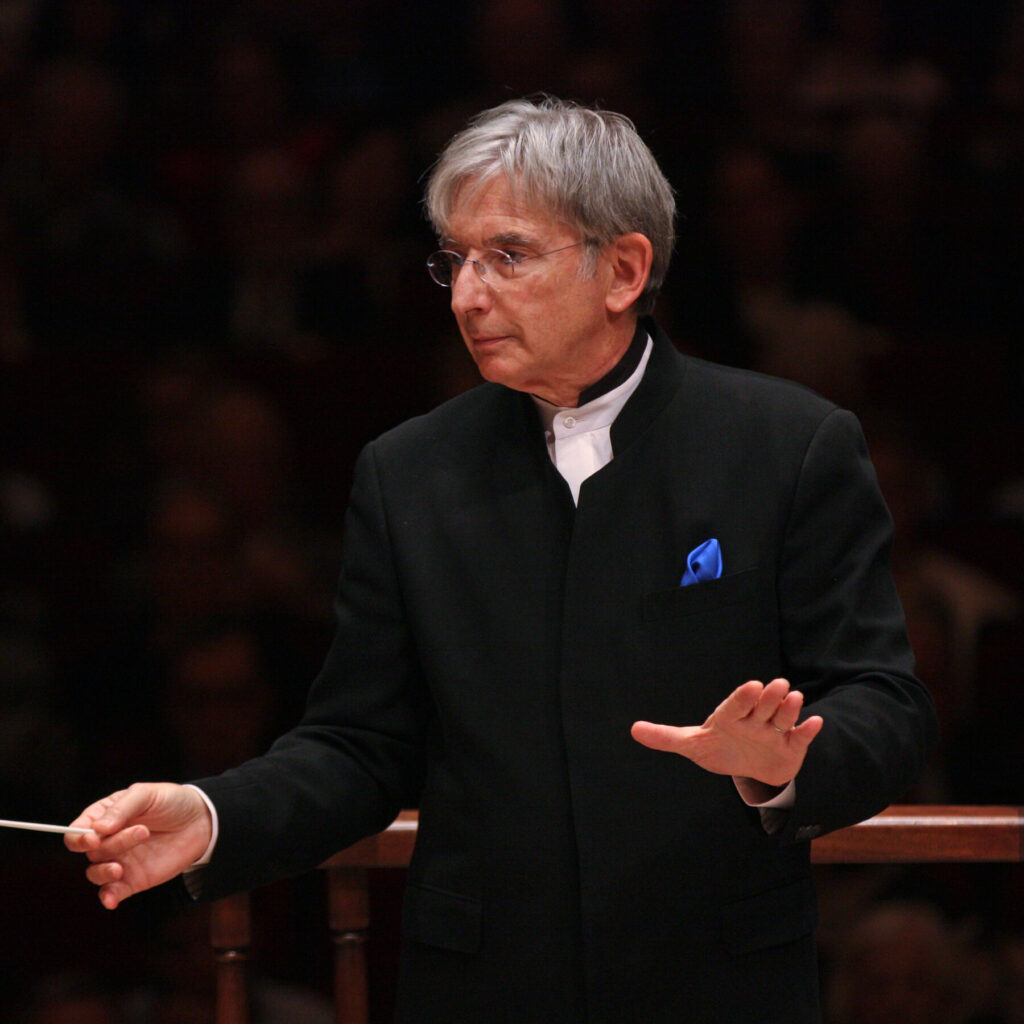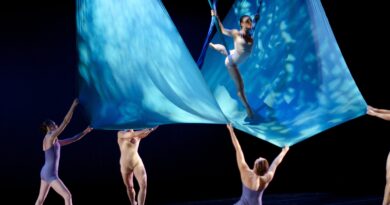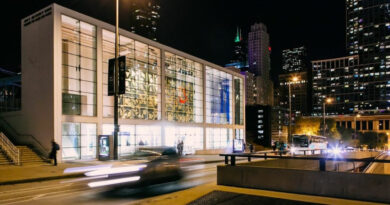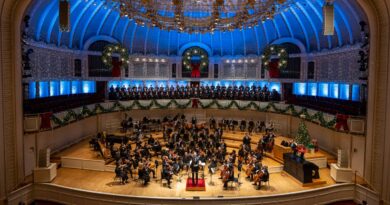Michael Tilson Thomas Draws From Past, Present and Future in CSO Program
Twelve-time Grammy Award winning conductor Michael Tilson Thomas offers no ambiguity when he takes the podium. His tempi are exact and his approach to balance, tone and intonation are fiercely deliberate at every hearing. He’s a passionate proponent of some of classical music’s most challenging and relatively modern repertoire, but he’s also a staunch advocate of connecting the dots from past to present and even the future of the music he loves.
That’s why it was particularly intriguing that he was slated to bring his upcoming November program to the Chicago Symphony Orchestra (CSO). Two works by Mozart (his Six German Dances and Piano Concerto No. 12 – with pianist and chamber musician Orion Weiss) and Schoenberg’s orchestration of Brahms’ Piano Quartet No. 1 create a profoundly beautiful program traversing three distinct musical periods (in a very real sense) with a scintillating Austro-Germanic through-line that lays down a compelling theme for the whole.
Tilson Thomas loves a good through-line. Though he has a long history of conferring insightful performances of works spanning early Baroque, Classical and Romantic periods, he also revels in programs illustrating the unique artistic powers of more modern composers (particularly those of the American cohort).
His through-line also connects those composers of the past to the artists of today (and tomorrow). In 1987, he co-founded the prestigious New World Symphony (NWS), a postgraduate orchestral academy dedicated to the preparation of young musicians drawn from diverse backgrounds for what are often leadership roles in classical music. Now, Artistic Director Laureate, Tilson Thomas maintains that through-line by working with NWS Fellows to advance their performance capabilities along with their understanding of professional responsibilities in the evolving musical landscape. It’s an impactful effort, to say the least. Of the symphony’s more than 1,200 alumni, 90% maintain careers in music, often as musicians or administrators with major orchestras.
He’s held that through-line in tact with 25 years as Principal Conductor for the San Francisco Symphony (an orchestra for which he now serves as Music Director Laureate); 8 years as Principal Conductor of the London Symphony; and a host of other stints as Principal Guest Conductor for many of the world’s leading symphonies.
Tilson Thomas has said that studying music and working with young musicians is all about “connecting the past, the present and the future through the spirits of the musicians involved in making music.” And that is something he’s incredibly passionate about.
It’s one reason his collaboration with pianist Orion Weiss in Mozart’s Piano Concerto No. 12 will serve as a particularly intriguing part of his CSO program this fall. One of the brightest luminaries of his generation, Weiss is well known for his affinity with chamber music and his insightful interpretations of music across the ages. Tilson Thomas, also known for his collaborative prowess, will prove as natural a partner to Weiss’s insights as you’ll find, ferreting out the comedic elements of one of Mozart’s most recognizable orchestral works.
The balance of the program will offer a sort of meta moment with insight into Tilson Thomas’ interpretation of Schoenberg on Brahms. Schoenberg was famous for noting his irritation with the best pianists who play Brahms’ Quartet as he insisted that the better they are the louder they play. Well, with his orchestration of the work, he insisted the listener could hear all voices at play in the work. Tilson Thomas’ approach to this conundrum will be telling, but certainly a thrilling statement in and of itself.
Michael Tilson Thomas takes the CSO podium November 30 through December 5 at Chicago’s Symphony Center. Visit CSO.org to learn more or to buy tickets.




